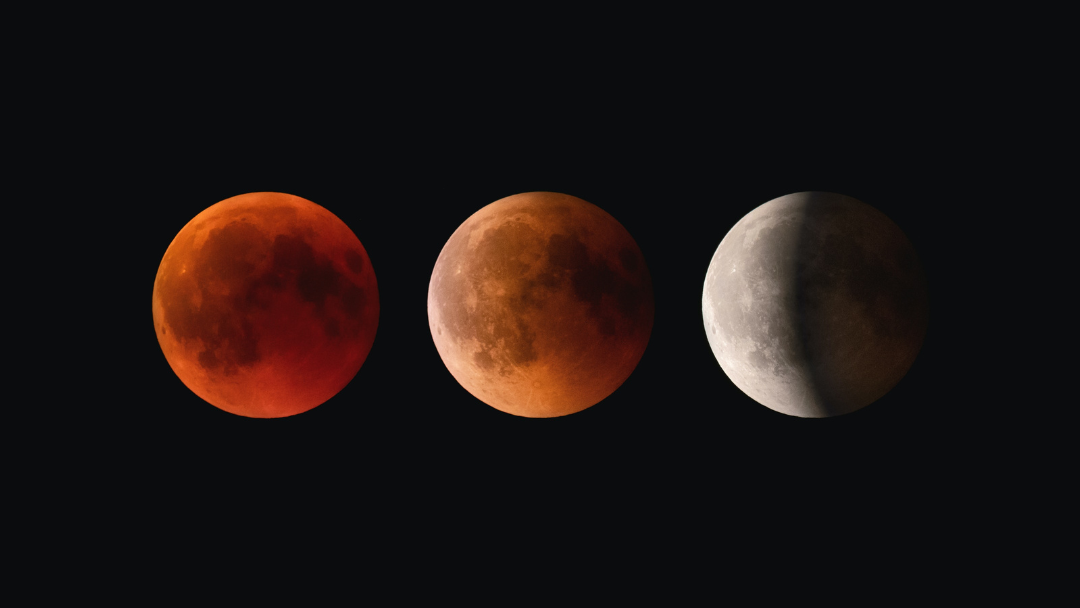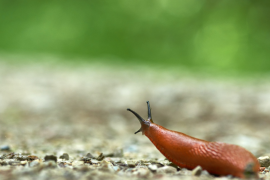The nurses arrived throughout the day, a steady invasion of Laiken’s privacy. At breakfast, they balanced trays of lukewarm scrambled eggs, cups of tepid green tea. Later, they’d come and take away what had been left mostly uneaten, replacing one meal for another. Always, they came with easy smiles and soft footsteps. Always, their gentle words were left unanswered, their kindness completely ignored.
“Does he ever turn off the television?” One nurse asked another outside of Laiken’s door.
“Are you kidding me? I’m not even sure he sleeps at night.”
A third nurse joined in. “Sleep? I’ve never even seen the kid blink.”
The trio of nurses stifled their laughter into the white sleeves of their hospital uniforms. One of them leaned towards the closed door and pressed his ear close. Laiken, within, didn’t make a sound. The television, as always, droned on with music and chatter.
Laiken was largely uninjured, physically intact. All but his left ear, which a passing bullet had severed at the outer, lower quarter. Although otherwise free from bodily harm, Laiken laid unresponsive, catatonic on his hospital bed. He rose up only to relieve himself, those rare visits to the toilet when his bowels were over-encumbered or his bladder was near to bursting.
Glued to the television, Laiken wore a half smile. He was transfixed, and seemingly happy, blinking seldom in his hypnotized joy. He stared at the small screen in the corner of his hospital bedroom, devouring episodes, one after the next. As if a member of the dysfunctional cast of actors, Laiken was elsewhere, totally absorbed in the science fiction soap opera, A Lunar Affair. He was present, physically housed in St. Agatha’s Hospital, yet truly, he was far away. He may as well have been on the moon.
Entering his room, a nurse new to her position paged through her ledger filled with the names of patients, their conditions, treatments and medications. “Laiken Morgan,”she read aloud, and gasped when she discovered his condition, why he was there at the hospital. She dropped the book flat onto the tiles which made a sudden, clapping sound that filled the room.
Laiken, sprawled out across his mattress, jumped at the noise and winced in discomfort. His eyes remained on the screen, the endless replay of old soaps, yet they seemed to stare beyond the televised drama, to dilate and glaze over, wet with film. A tear budded at the corner of his vision and trailed down his cheek to moisten his unshaven jowl. Instantly, Laiken was transported across town. He was back in the bustling Saturday market.
There were prize watermelons, some as big as an exercise ball. The largest had been claimed, carried away, before it fell to the ground with a crack and soft thud. A table was upended, fruits cascading to the ground. Ripe and ruptured, they were trampled by the panicking crowd. Beside Laiken, a woman froze in mid stride. She dropped her basket, then fell to the wet asphalt seconds after her head burst with an audible pop. Her earbuds took flight, playing tinny music as they sailed past Laiken’s face. Other objects too. Stray bullets. Then, a burning sensation over his left ear, a bee sting or a graze from a lethal projectile. Hitting the floor, his hands were sticky with fruit pulp and punctured by shards of broken jam jars, blood and shrapnel.
Kaleidoscopic, it happened so fast, had seemed so disjointed, so crazy, confusing. Those few, eternal minutes had hardly seemed real. More like a dream, a surreal nightmare, the scene played out as if Laiken had been in the throes of high fever. He felt far away, an observer to a strange event detached from reality. And yet, each moment carried consequence, as real and grave as it ever gets.
The sound of gunfire and screams accompanied the red-black field behind Laiken’s closed eyes. Lying still, he waited, eventually hearing sirens and harsh demands. There was shouting, then one more gunshot before the silence. Several aromas filled the quiet that followed: taco meat abandoned to char on the skillet, burning rubber, and fresh blood. It was as if from another planet, an affair not of this world. Laiken hadn’t moved, but he was already so far away.
As one episode ended, another began, and the hospital room filled with well known music and familiar faces, lunar landscapes and rocket ships among the drifting stars and list of producers. A Lunar Affair brought Laiken back to St. Agatha’s. There, on his bed, he stared forward and gripped the sheets.
When the penultimate episode ended to the fourth and final season of Lunar Affair, Laiken felt as if he stood on the edge of a cliff. One step forward would end it all. But what else could he do? With a touch of the remote, he began the series finale.
At the Satellite City banquet, the crew had amassed in full regalia to celebrate their longstanding terraforming success. Laiken, as a guest of honor, took a seat among esteemed members of high society, brushing shoulders with Luna’s very best. Among his compatriots, fellows and cherished friends, he was happy, yet ill at ease. The crowd was dense and the air seemed thin, the glamorous ballroom, claustrophobic.
Raised glasses and cheers filled the domed space to echo and reverberate, a chaotic mirth that seemed, somehow, to hold an impending dread. Beyond the overhead partition, the transparent glass as if a bubble spread across the stars, Laiken watched Earth floating among the endless black. He wondered what would happen should the bubble burst, how bullets would fly in the reduced gravity of the moon.
Android waiters balanced trays bearing dessert, fresh fruit grown in glass houses under bulbs of ultraviolet light. Laiken admired the newer models, how they looked and moved like real men. He watched them sail across the throng of tables and chairs, all elegance and grace, and wondered if they bled when shot, or if they merely smoked and sizzled.
“Fresh fruit?” Even its voice seemed organic, which was more than could be said of the chemically fertilized melon.
“Much obliged,” Laiken offered his plate, but recoiled at the wedge of pink flesh and beady, black seeds that seemed to watch him as if each one was a malignant eye seeing him through crosshairs. The juice from the watermelon ran off the edge of his plate to soil the white tablecloth spread out before him. He dropped the dish, the fruit balanced upon it. Porcelain cracked and flesh ruptured. Above him, the wide, glass bubble seemed to pop, and the banqueters all screamed.
The scene faded out to black and the ending credits rolled, a long list of names that read as if the tally of the dead. The show was over, and like an annual cycle, four seasons had come and gone.
In his bed, Laiken shivered, cold, despite the sheets tucked tight all the way to his chin. The hospital lacked warmth. St. Agatha’s lacked air. But the television glowed on, welcoming and full of light. Laiken propped his pillows and moaned, pressed play, and finally breathed easy as Lunar Affair started anew.
“It’s time to go home,” one of the nurses had told him. Then, when her words were left unanswered, added “Now,” neither gently nor kindly.
Laiken did not hear the nurse, or perhaps he had chosen to ignore her. In any event, he did not look away from the screen. He fingered his ear where the bullet had grazed him, taking the lobe and lower helix with its trajectory. He prodded the crusty wound where his gold cross earring had once hung to catch the sun, where inches to the right would have been his cheekbone or temple, where, had the bullet collided, he would have been reduced to more pink pulp and rind among the watermelon seeds.
“It’s been three weeks, Mr. Morgan,” the nurse expressed in a testy tone. “There are others waiting who need this bed.” She tapped her foot and cleared her throat. “Do you hear me, Mr. Morgan? Laiken, are you even there?”
Laiken was, in fact, right there on his bed in St. Agatha’s. The television was on, and he was watching A Lunar Affair. He was engrossed, committed to an endless marathon, a cycle on repeat, like a satellite orbiting a planet. Anything to take him far away. Away from the market. Away from reality. Away from Earth itself, all the way to the moon.
JAMES CALLAN is the author of the novel A Transcendental Habit (Queer Space, 2023). His fiction has appeared in Carte Blanche, Bridge Eight, White Wall Review, Mystery Tribune, and elsewhere. He lives on the Kāpiti Coast, Aotearoa New Zealand.
Find him at jamescallanauthor.com
Like what you’re reading?
Get new stories, sports musings, or book reviews sent to your inbox. Drop your email below to start >>>
NEW book release
Ghosts Caught on Film by Barrett Bowlin. Order the book of which Dan Chaon says “is a thrilling first collection that marks a beginning for a major talent.”
GET THE BOOK



